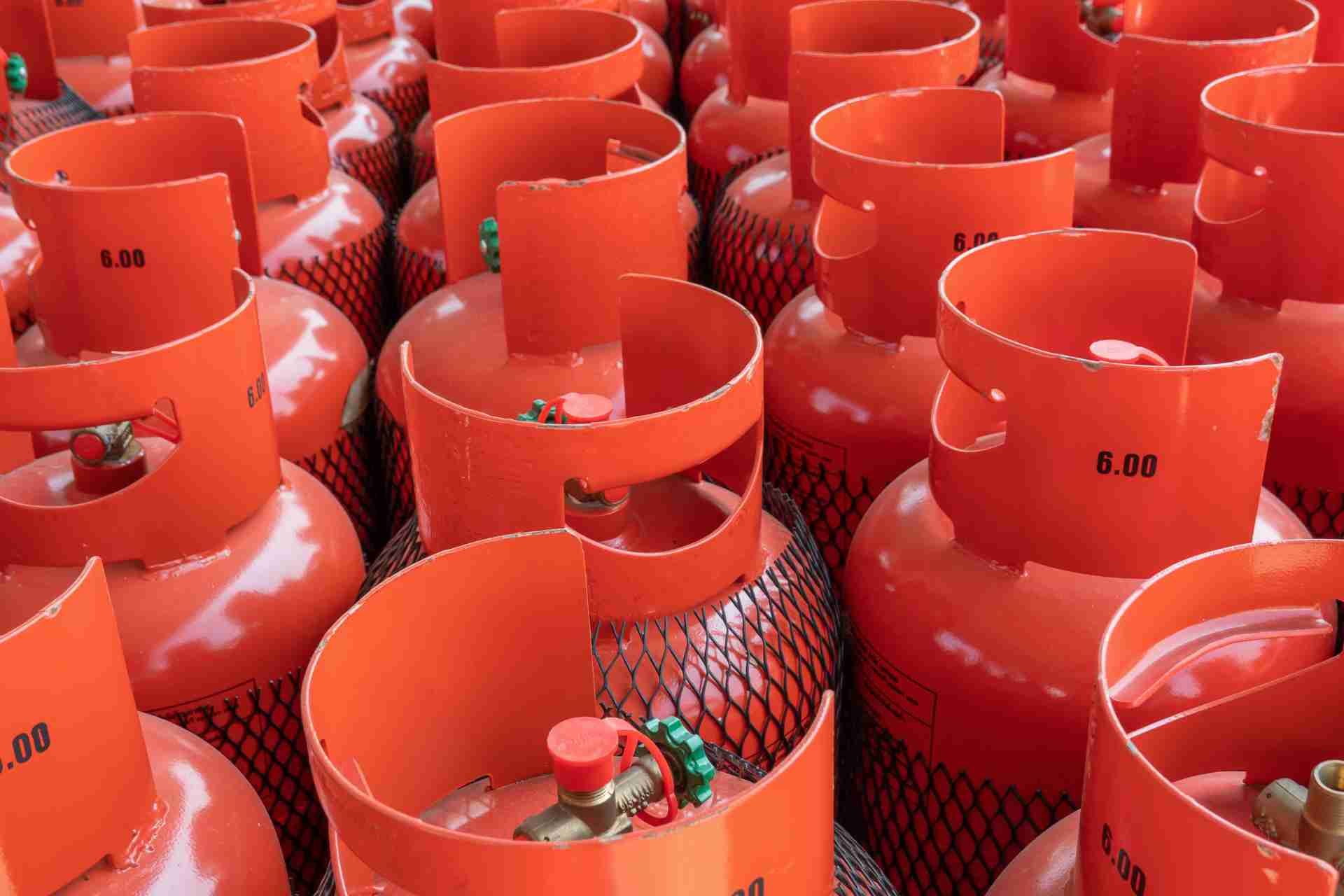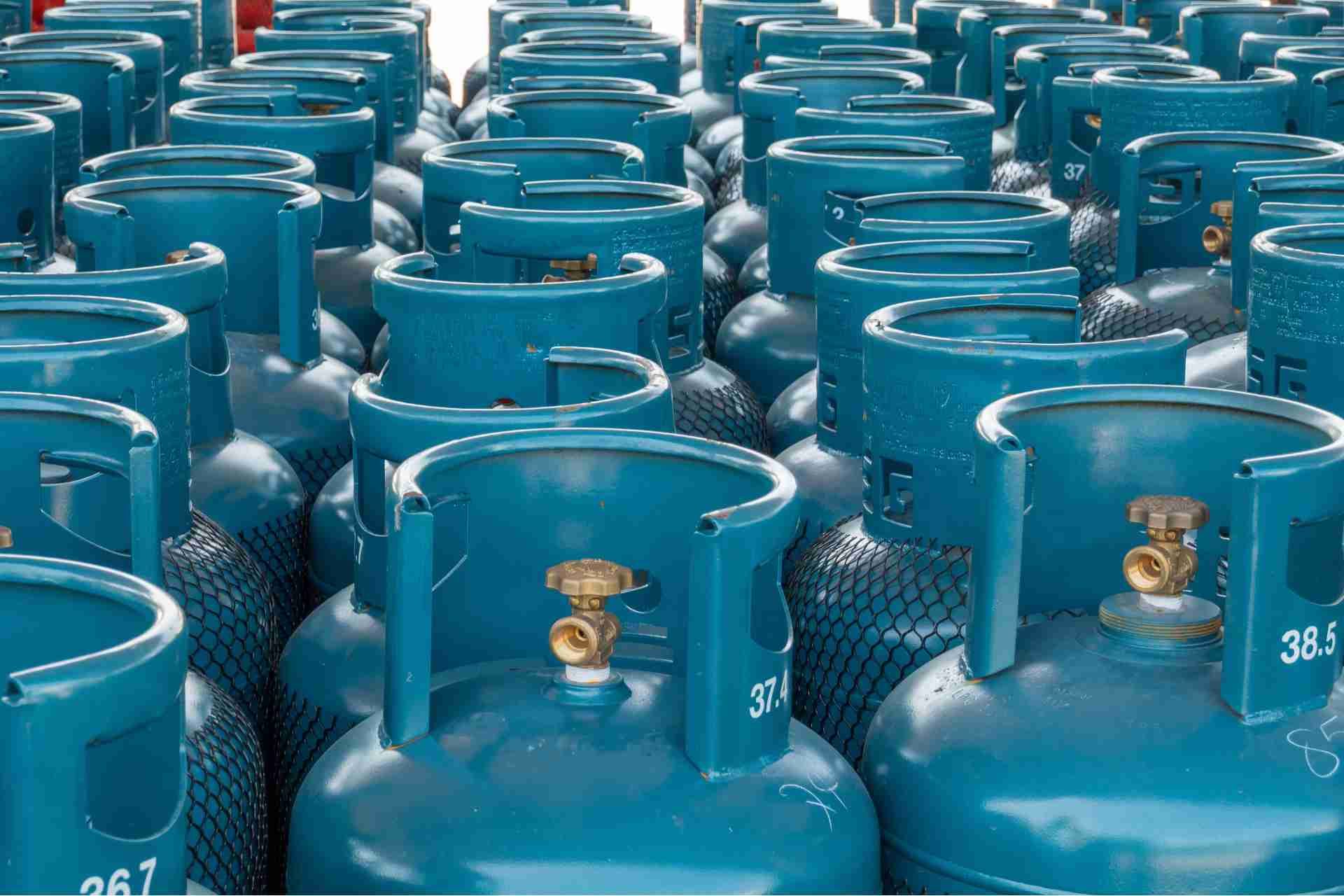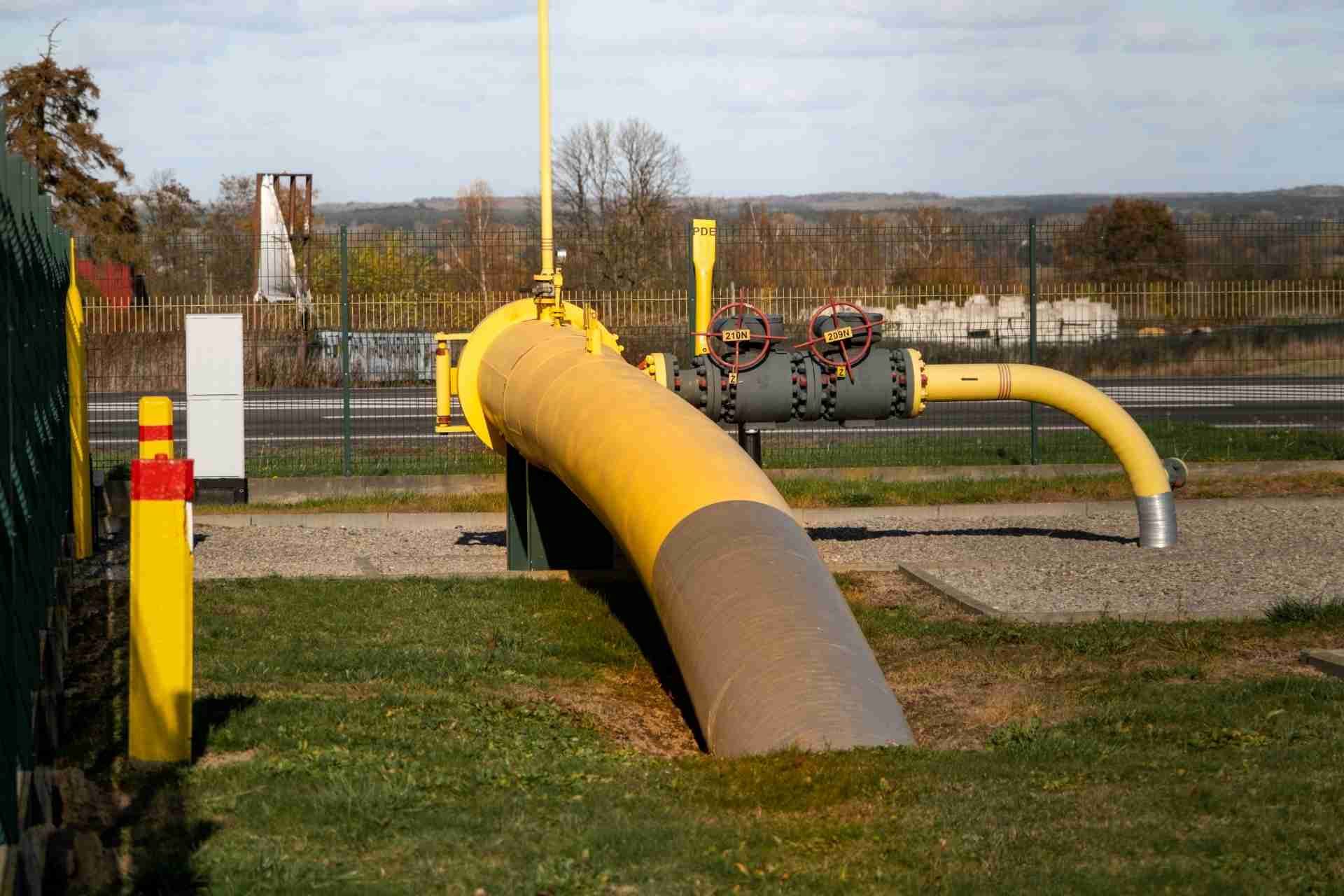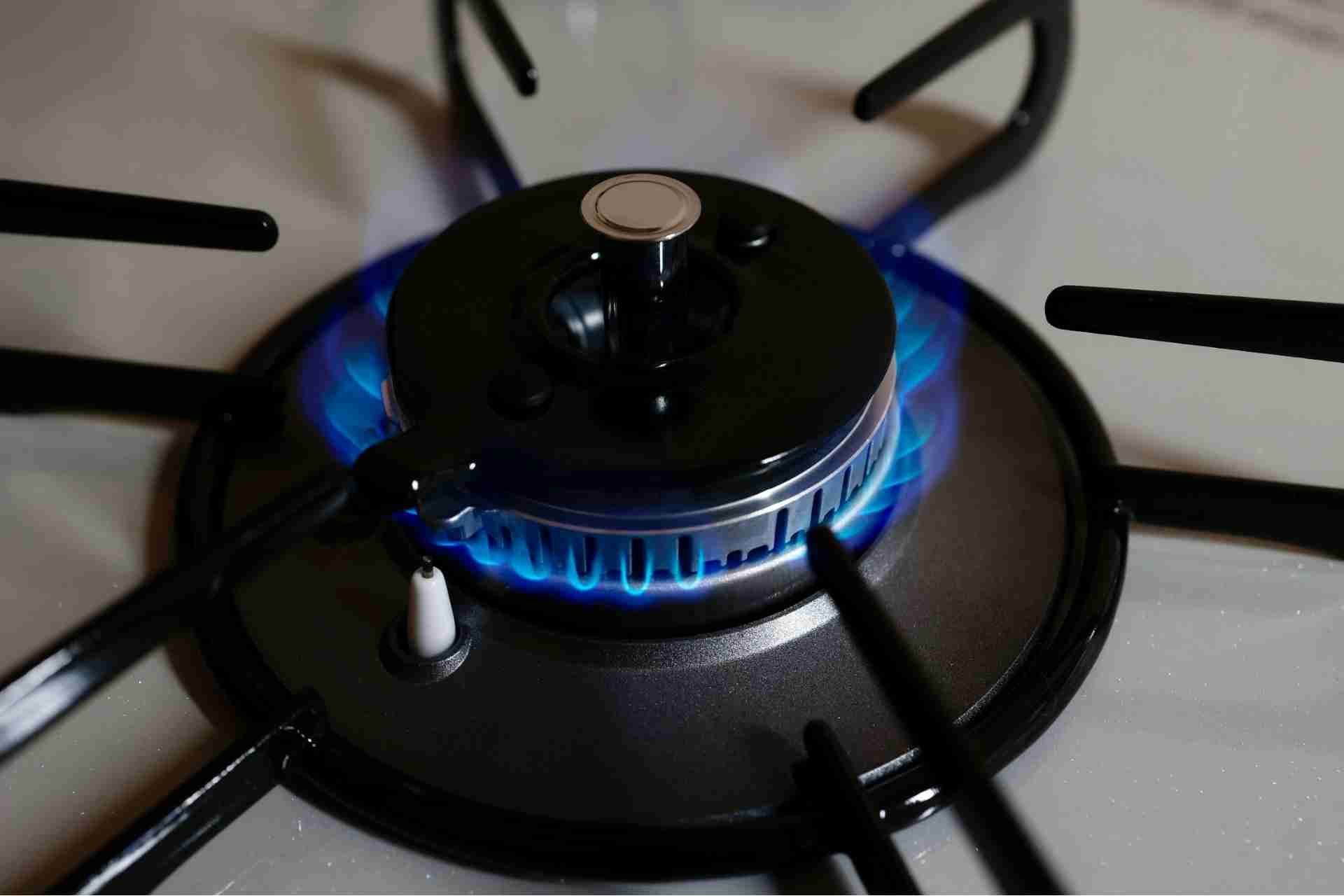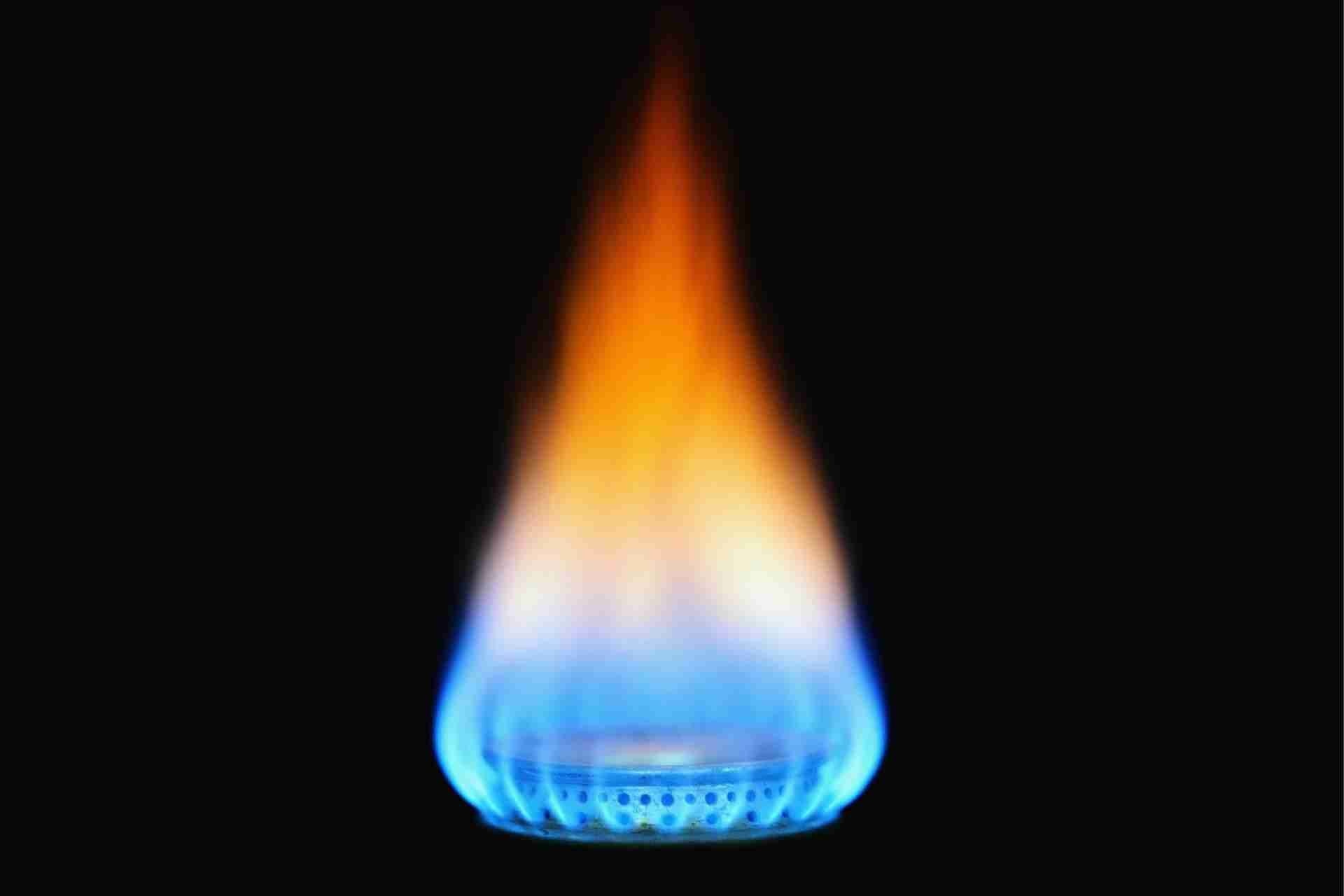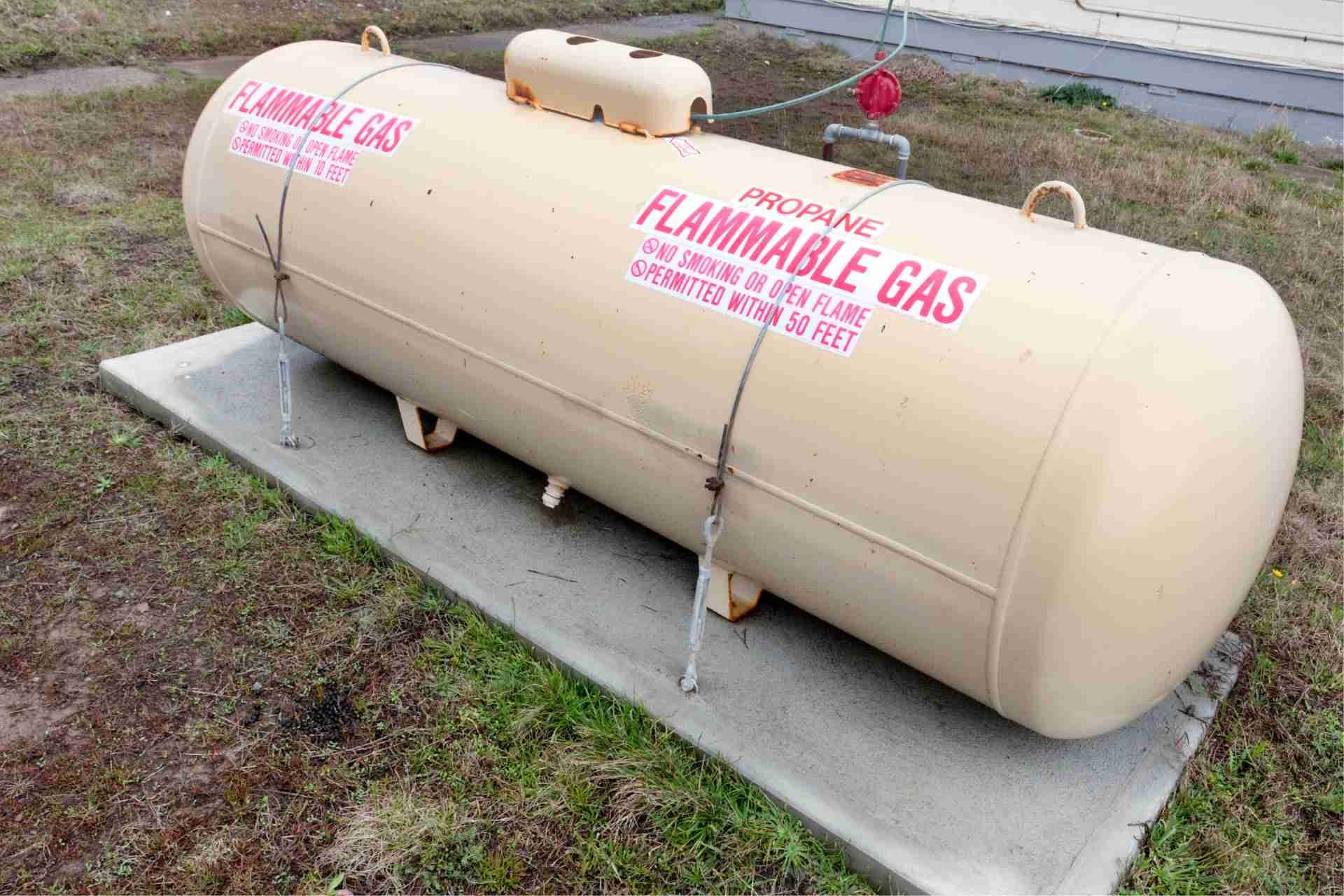The Role of Propane in Renewable Energy Strategies
If you think about the future of energy, propane often gets overlooked. Yet, it plays a crucial role in enhancing renewable energy strategies. By acting as a reliable backup during low generation periods, it supports solar and wind systems effectively. Its clean-burning properties also help reduce emissions. But how exactly does propane integrate with other renewable technologies to create a more sustainable energy landscape? The answer might surprise you.
Understanding Propane as a Clean Energy Source
While many people associate clean energy with wind and solar, propane is emerging as a viable alternative in the renewable energy landscape. You mightn't realize that propane produces fewer greenhouse gas emissions compared to traditional fossil fuels, making it a cleaner option for heating and powering equipment.
It’s versatile, too, easily used in residential, commercial, and agricultural applications. By choosing propane, you’re not just supporting a cleaner environment; you’re also tapping into a reliable energy source that can be produced domestically.
Propane’s high energy efficiency means you’ll get more power out of less fuel, which can help reduce your overall energy costs. Embracing propane as part of your energy strategy can lead to a more sustainable future for everyone.
Propane's Role in Backup Power Solutions
As power outages become more frequent due to extreme weather and aging infrastructure, propane stands out as a reliable solution for backup power.
You can count on propane generators to provide efficient energy when the grid goes down. Unlike traditional gasoline, propane stores easily and has a longer shelf life, ensuring that you’re prepared when emergencies arise.
With its clean-burning properties, propane minimizes environmental impact while delivering the energy you need.
Installing a propane backup system gives you peace of mind, knowing your home remains powered during outages. It’s versatile and can power essential appliances, keeping your family comfortable and safe.
Enhancing Energy Efficiency With Propane
When you choose propane for your energy needs, you're not just opting for a fuel source—you're actively enhancing your home's energy efficiency. Propane burns cleaner than many traditional fuels, which means it generates more energy per unit while reducing wasted energy.
By using propane for heating, cooking, or water heating, you can significantly lower your energy consumption.
Additionally, propane appliances often operate at higher efficiencies than their electric counterparts, providing you with better performance and lower utility bills. You’ll notice quicker heating times and consistent temperatures, contributing to a more comfortable living environment.
Investing in propane not only boosts your energy efficiency but also allows you to enjoy reliable performance without compromising on comfort or quality.
Reducing Greenhouse Gas Emissions With Propane
Using propane as an energy source can significantly reduce greenhouse gas emissions compared to traditional fossil fuels.
Propane emits fewer carbon dioxide and nitrogen oxide emissions when burned, making it a cleaner alternative for heating, cooking, and powering vehicles. By switching to propane, you help lower your carbon footprint while still meeting your energy needs efficiently.
Additionally, propane’s high energy content means you’ll use less fuel overall, further decreasing emissions. It’s also versatile, enabling its use in residential, commercial, and agricultural applications.
With the growing emphasis on sustainability, choosing propane as part of your energy strategy not only benefits the environment but can also lead to cost savings.
Transitioning to propane is a smart step toward a more sustainable future.
Integrating Propane With Renewable Technologies
Integrating propane with renewable technologies creates a powerful synergy that enhances energy efficiency and sustainability.
By combining propane with solar, wind, or biomass systems, you can ensure a reliable energy supply, especially during periods when renewable sources may not generate enough power. This integration allows you to store excess energy produced during peak times, which can be converted into propane for use when demand spikes.
Moreover, propane’s lower emissions make it an ideal partner for renewables, helping you meet environmental goals more effectively. Utilizing propane as a backup energy source not only stabilizes your energy supply but also reduces reliance on fossil fuels.
Embracing this approach can lead to a more resilient and cleaner energy future for everyone.
Case Studies: Successful Use of Propane in Renewable Energy Strategies
As renewable energy adoption accelerates, numerous case studies highlight the successful use of propane in enhancing energy strategies.
For instance, a community in Texas integrated propane-fueled generators with solar panels, providing reliable backup power during peak demand. This combination reduced reliance on the grid and cut emissions significantly.
In another example, a California farm switched to propane for its irrigation systems, using renewable energy during the day and propane at night. This approach maximized efficiency and minimized costs.
Additionally, a school district in Florida adopted propane buses, reducing its carbon footprint while maintaining reliable transportation for students.
These case studies demonstrate that when you incorporate propane into renewable energy strategies, you can achieve sustainability, reliability, and cost-effectiveness.
Conclusion
Incorporating propane into your renewable energy strategy can enhance efficiency and reliability. By using propane as a backup power source, you ensure a steady energy supply when solar or wind generation dips. Its clean-burning nature helps reduce greenhouse gas emissions, making it a perfect partner for sustainable technologies. Embracing propane not only stabilizes your energy system but also supports broader environmental goals, paving the way for a cleaner, more efficient future.
